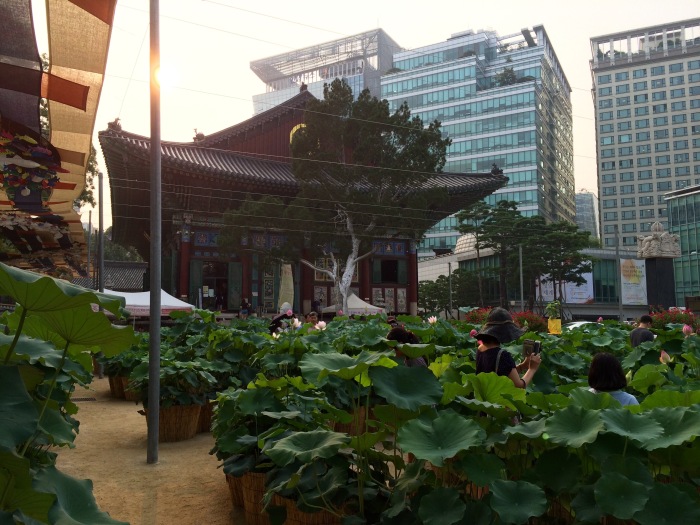We are often told that democracy may not be perfect, but it is the least undesirable of the types of government we know. But is that really true?
I was born in post World War II Western Europe. As a child I was often told to be grateful for that. Not only had I (just) missed the world’s largest global conflict in human history, but I had the incredible good fortune, so I was reminded frequently, to live in a democratic country – the best kind of country to live in. This was often contrasted with all the non-democratic countries (primarily the Communist countries of that time, or the fascist tyrannies of the recent past) I could have lived in, to stress the fact that I was living in a place that was as close to Paradise on Earth as human design could make it. Sure, it wasn’t perfect – after all, humans aren’t perfect, and compromises always have to be made – but it was close. Very close.
As I grew up I had very little reason not to believe this view of democracy. After all, there were plenty of examples of the alternatives, and none of them looked even half as good as my own democratic corner of the word. We had freedom of speech, proper education, proper healthcare, social security, our politicians were chosen by the public and were held accountable by that public, we had law and order without unnecessary police brutality, we had a growing economy, … all things that were in short supply or lacking completely in any of the non-democratic countries elsewhere in the world or in the past.
Over the years, however, I have begun to doubt modern democracy’s claim to superiority. Is today’s parliamentary democracy really as beneficial and functional as is claimed? And is it really the best system we can come up with?
Shouldn’t we remain critical, and keep looking for signs of disfunction, of things not working properly, for systems and structures that are, or have become, less beneficial to the general population than they are said to be? And shouldn’t we keep trying to come up with even better ways to govern the people on this planet? How can we claim with such surety that this is the best we can do, when so much has changed and is still changing:
- the world population has grown dramatically;
- humanity’s impact on the global climate is spiraling out of control;
- technology is rapidly creating a truly global community, on top of an already global economy;
- we have more data about anything than ever before, and more power to process that data and interpret it;
- we have made great progress in our understanding of the attributes and behaviors of massively complex systems, such as economies, populations, and eco-systems.

But our politicians are still bickering about the same topics, and proposing the same (or very similar) short-term, local, overly simplified ‘solutions’ to problems that do not even come close to touching the real issues affecting our future. And they do so because that’s what they need to survive in the system we call democracy. It seems to me our current democratic system is encouraging all the wrong behaviors, and pushing all the wrong people into leadership positions. Even if the democratic system was as good as it was claimed to be 50 years ago, shouldn’t we at least consider the possibility that the changing conditions of the world we live in make it necessary to critically examine the system and see if we can improve it where it falls short?